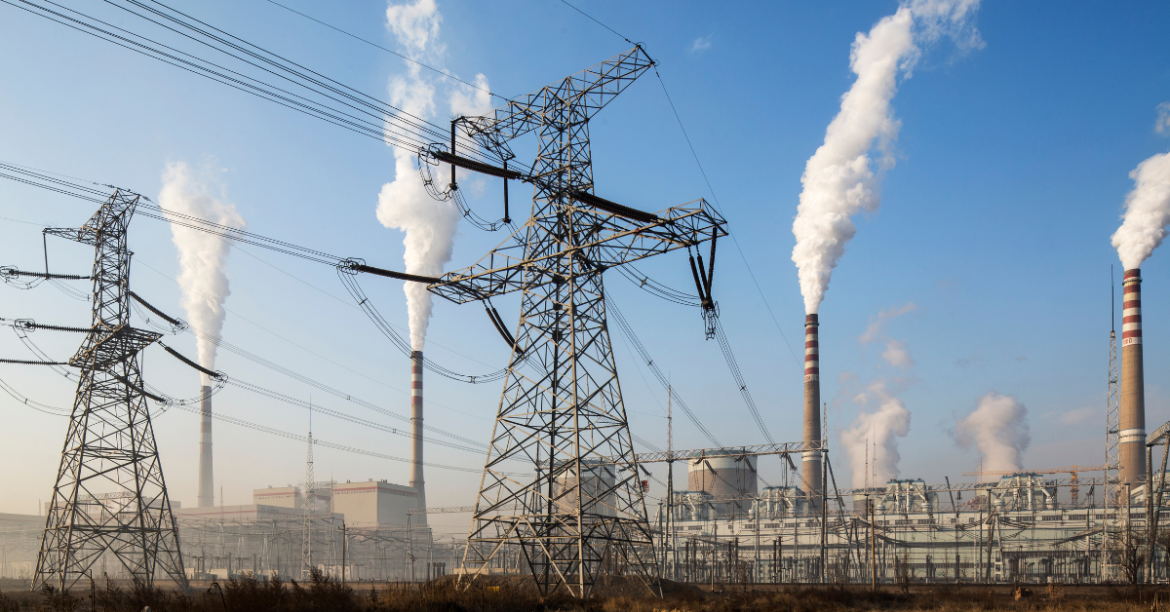South Africa has secured $11.9 billion in pledges from various countries and institutions to support its transition from fossil fuels to clean energy, according to the treasury. The pledges include loans, grants and private investments that will help the country reduce its greenhouse gas emissions and create new jobs in the renewable energy sector.
The pledges were made after South Africa announced its Just Energy Transition Investment Plan (JET-IP) at the United Nations Climate Change Conference in Glasgow in November 2021, where it committed to reaching net zero emissions by 2050. The plan aims to mobilise $90 billion over the next five years to fund the decommissioning of coal-fired power plants, the expansion of renewable energy capacity, the diversification of the economy and the social protection of affected workers and communities.
Since then, South Africa has received additional pledges from the Netherlands, Denmark and Spain, as well as a grant of about R500 million from China for the energy sector. The treasury said it has already received €600 million of the pledges, which are loans from Germany and France that were concluded in 2022 and early 2023.
The treasury also said it will continue to access concessional financing from international financial institutions, including through climate finance. In 2023-24, the government plans to raise the equivalent of $2.6 billion.
Neil Cole, financing manager of the JET-IP project management unit, said the government is participating in multilateral forums, as well as bilaterally with individual countries, to mobilise more funds for the transition. He said the project management unit wants to increase the amount of grants, which have many benefits, especially for mitigating the impacts of the transition on coal-affected communities.
Cole said the government will showcase its progress in implementing the JET-IP at the next climate summit, COP28, to be held in Dubai from November 30 to December 12. He also said the government will join other African countries and the Global South in calling for developed countries to meet their previous commitments on climate finance.
South Africa’s green energy shift is part of its efforts to meet its nationally determined contributions under the Paris Agreement, which aim to limit global warming to well below 2°C, preferably to 1.5°C, compared to pre-industrial levels. The country is the 14th largest emitter of greenhouse gases in the world, and the largest in Africa, mainly due to its reliance on coal for electricity generation.
The transition to clean energy is expected to have multiple benefits for South Africa, such as improving energy security, reducing air pollution, creating new industries and jobs, and enhancing social justice and equity. The transition also offers an opportunity for South Africa to play a leading role in the global fight against climate change and to demonstrate its commitment to a sustainable future for all.
Source: Mail and Guardian



